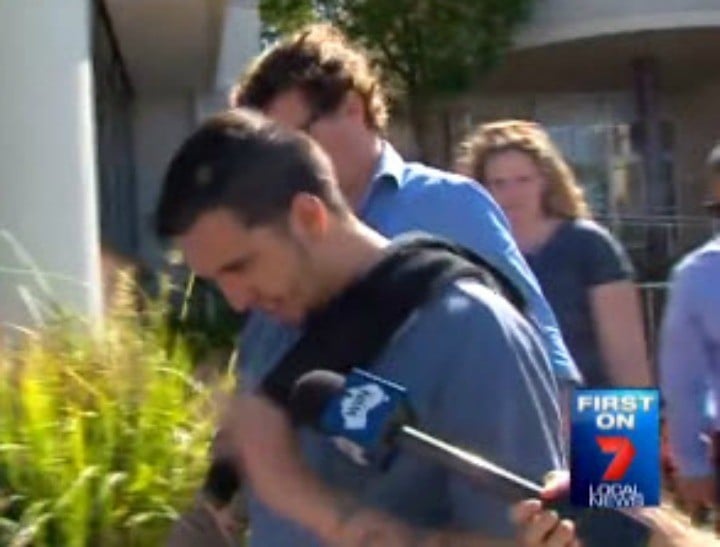
Tyson Joel Wylie spotted his victim from across the road.
He calmly checked for traffic before striding across the Sunshine Coast street. He jumped a rail at a taxi rank, determined to reach his target.
Then, the 26-year-old delivered a series of powerful blows with his left fist. After the second, the man whose name Wylie didn’t even know fell back against a rail. With the third sickening coward’s punch, he fell to the ground like a sack of potatoes.
After his victim was unconscious, with fractures to his face, an undaunted Wylie evenly strode off, not checking whether the stranger he just knocked to the ground was still alive, before being apprehended by police.
It was a stroke of good fortune that the entire incident – the second violent attack by the perpetrator in one week – was captured on CCTV.
But Maroochydore magistrate Rod Madsen deemed the video evidence was not worth watching.
According to The Courier-Mail, he twice refused the police prosecutor’s offers to play the video, saying: “I don’t like watching videos, they can be very subjective’’.
“They can become emotive,’’ the magistrate said.
“I rely on the evidence… facts.’’





























































































